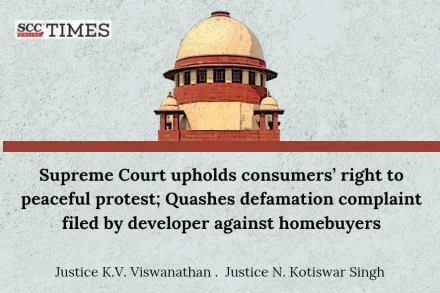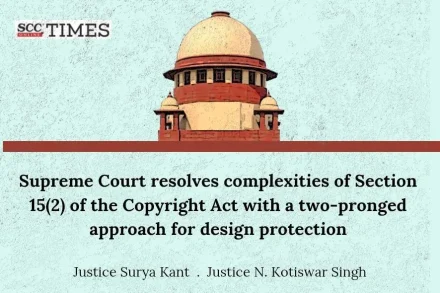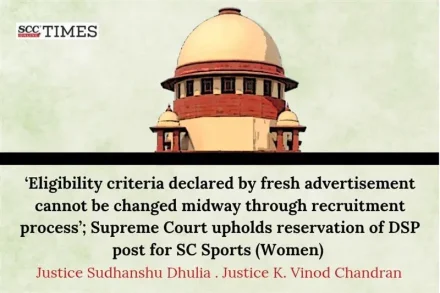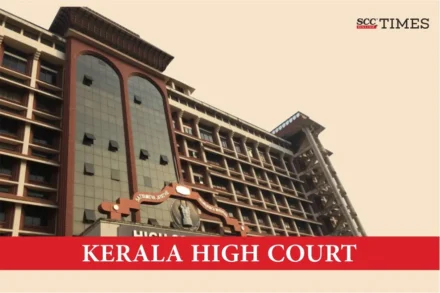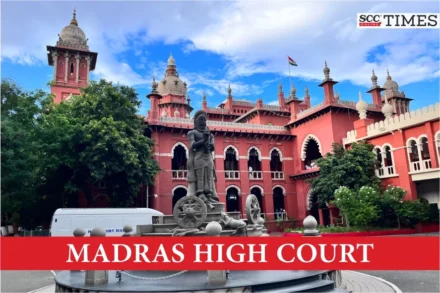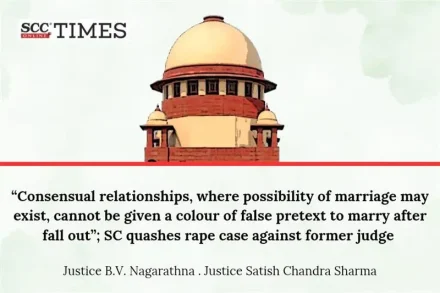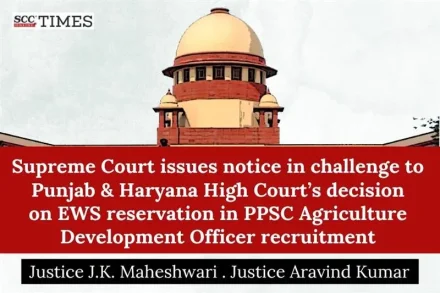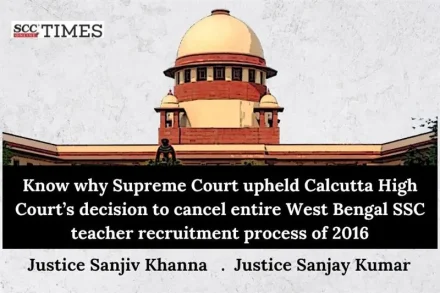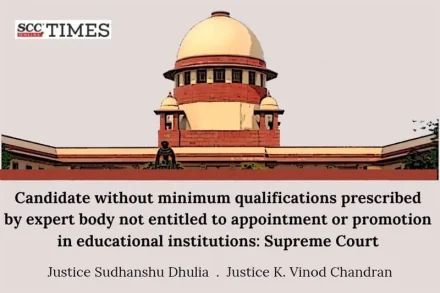
Allahabad High Court grants bail to a man accused of manufacturing synthetic milk and paneer from harmful chemicals for over two decades
The main accused, Ajay Agrawal, a businessman from Bulandshahr, Uttar Pradesh, and owner of Agarwal Traders, also has been arrested for adulterating dairy products.
Continue reading

